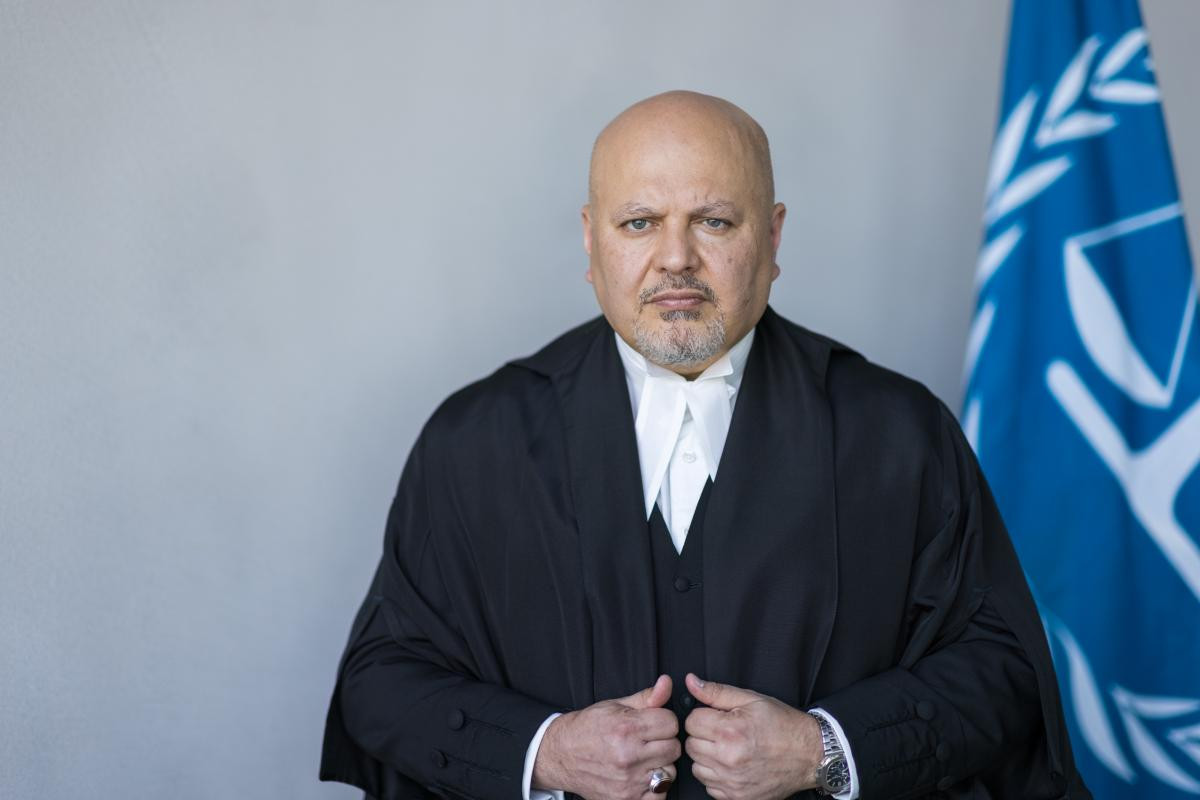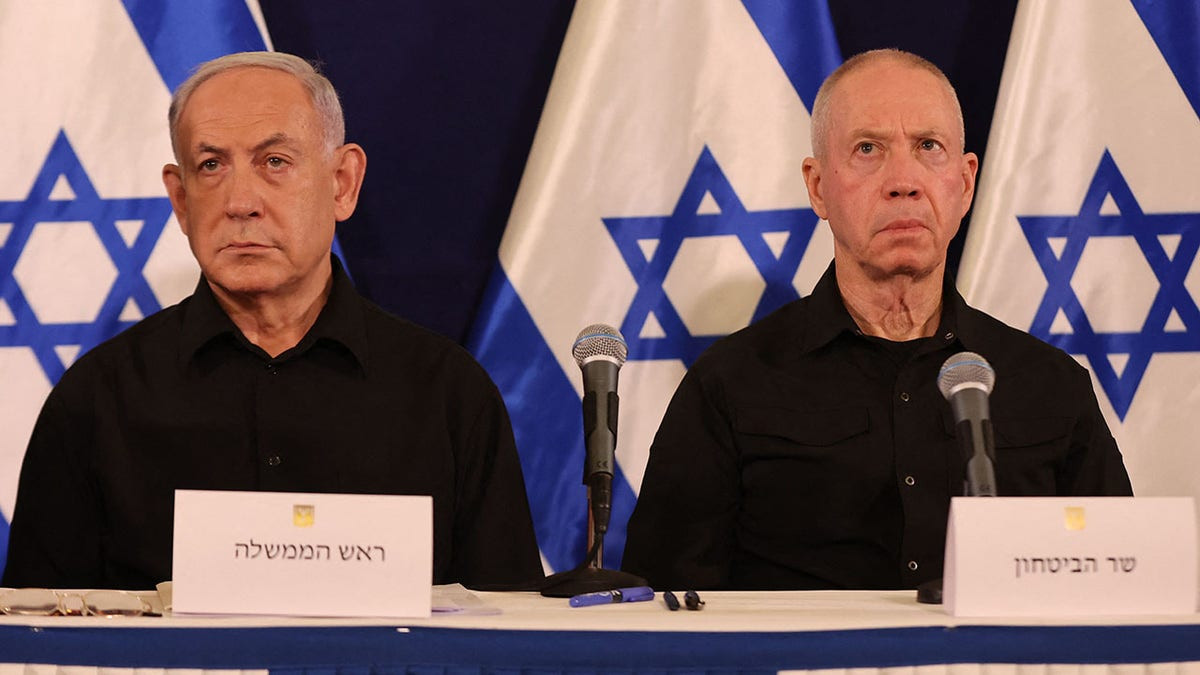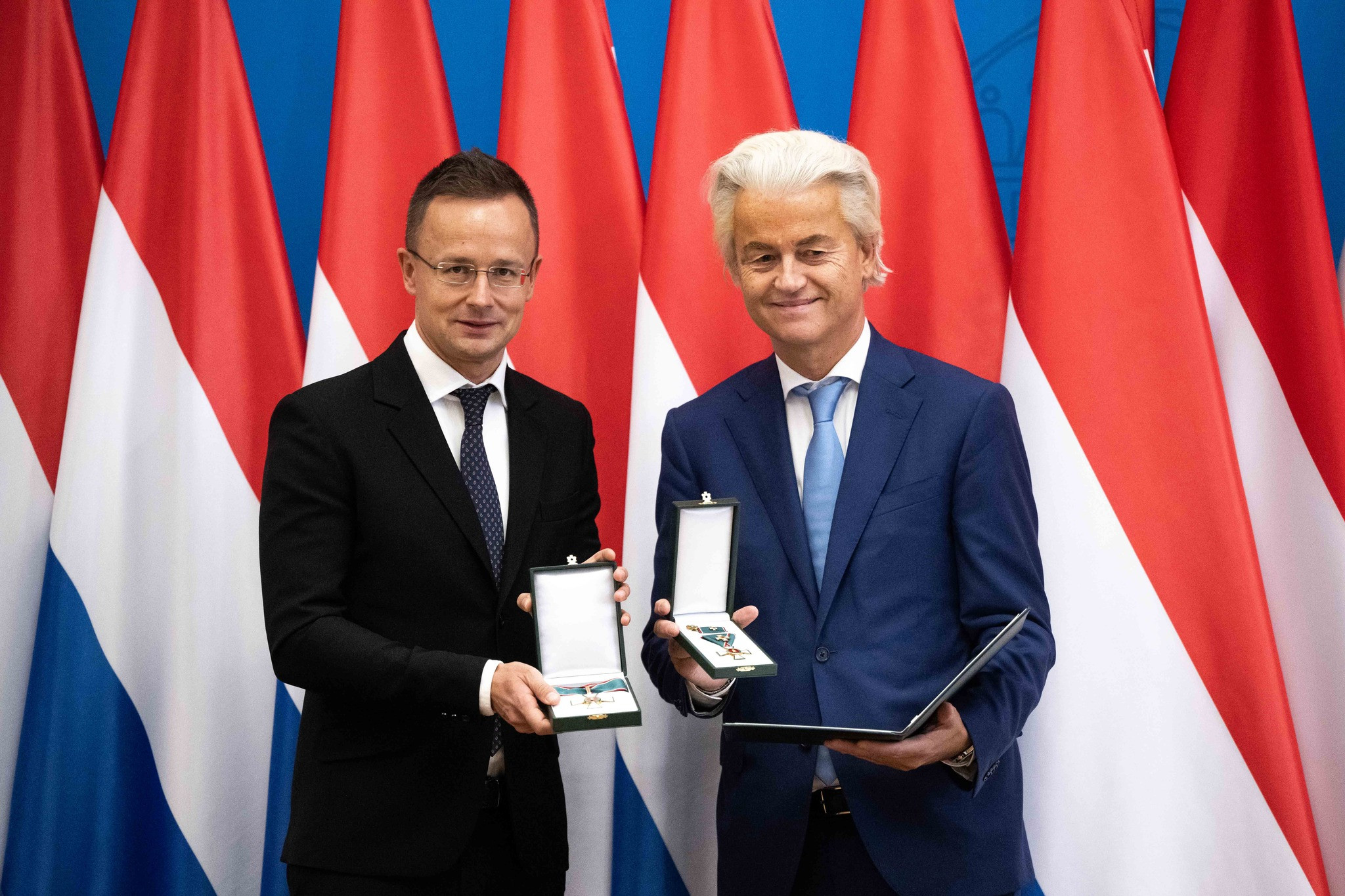ICC Issues Arrest Warrants for Netanyahu, Gallant: Unraveling the International Implications
The International Criminal Court (ICC) issued arrest warrants for Israeli Prime Minister Benjamin Netanyahu and former Defense Minister Yoav Gallant on November 21, 2024, sending shockwaves through the international community. The warrants, which also target Hamas military chief Muhammad Deif, allege war crimes and crimes against humanity committed during the ongoing conflict in the Gaza Strip. This unprecedented move by the ICC has sparked a heated debate, exposing deep divisions in the international community and highlighting the complexities of international law in times of war.
Understanding the Allegations and the ICC's Jurisdiction
The ICC's Pre-Trial Chamber I found reasonable grounds to believe that Netanyahu and Gallant bear criminal responsibility for “the war crime of starvation as a method of warfare; and the crimes against humanity of murder, persecution, and other inhumane acts.” The court's investigation centers on the period between October 8, 2023, and May 20, 2024, encompassing the initial stages of the conflict. These accusations are serious and far-reaching, carrying immense legal and political weight.
The ICC's Role in International Justice
Established in 2002 under the Rome Statute, the ICC aims to prosecute individuals for the gravest crimes under international law, including genocide, crimes against humanity, war crimes, and the crime of aggression. It acts as a court of last resort, stepping in when national legal systems are unable or unwilling to address such offenses. The court's independence is crucial for its legitimacy, ensuring impartiality and adherence to international legal principles.
The International Response: A House Divided
The ICC's decision has elicited a range of reactions worldwide. While some countries, including Canada, have affirmed their commitment to upholding the court's authority and enforcing the warrants if Netanyahu or Gallant enter their territory, others have strongly condemned the move. The United States, notably not a member of the ICC, has branded the decision as “outrageous” and “antisemitic”, reflecting the deep divisions this case has exposed. The statement by President Biden asserts there is “no equivalence” between Israel and Hamas, further highlighting the polarized perspectives on this conflict.
Canada's Position and International Obligations
Canada, an ICC member state, has stated that it will abide by the court’s decision. Prime Minister Justin Trudeau, emphasized that Canada “stands up for international law” and will abide by the rulings of international courts. This position underscores Canada’s commitment to international legal frameworks and the principles of accountability for war crimes and crimes against humanity. However, this stance has faced pushback from within Canada, with Israel’s ambassador expressing strong dissent and urging the Canadian government to reject the ICC’s decision.
The Road Ahead: Legal Processes and Unanswered Questions
The arrest warrants issued against Netanyahu, Gallant, and Deif represent a watershed moment in the application of international criminal law. But the practical enforcement of these warrants remains uncertain. The ICC lacks its own police force, relying on the cooperation of its member states. The possibility of arrests and subsequent legal proceedings is a complex matter hinging on the political will of various nations to cooperate with the ICC.
Challenges to Enforcement and Diplomatic Maneuvering
The likelihood of Netanyahu or Gallant voluntarily appearing before the ICC is minimal. They could travel to many countries that are not party to the Rome Statute, effectively shielding them from arrest. This reality adds a layer of diplomatic complexity, highlighting the limitations of the ICC’s enforcement power in the face of state non-compliance. The situation underscores the intricate balance between international law, national sovereignty, and political realities. The ICC's ability to secure justice in this case will depend heavily on the degree of international cooperation it can garner.
Navigating the Murky Waters of International Justice: A Call for Dialogue and Accountability
The ICC's decision is a powerful assertion of international justice, a commitment to holding powerful individuals accountable for war crimes. However, the implementation of those warrants is a complex and evolving situation with significant geopolitical ramifications. The ongoing conflict necessitates a delicate approach that balances legal mechanisms for accountability with the need to ensure the safety and welfare of civilians. It's clear that moving forward will necessitate sustained efforts towards peace, dialogue, and upholding the rule of international law. The situation demands a considered and nuanced response, emphasizing a commitment to both justice and the search for lasting peace. The international community must work collaboratively to address this crisis and strive towards a future where accountability for such serious crimes is ensured.



















